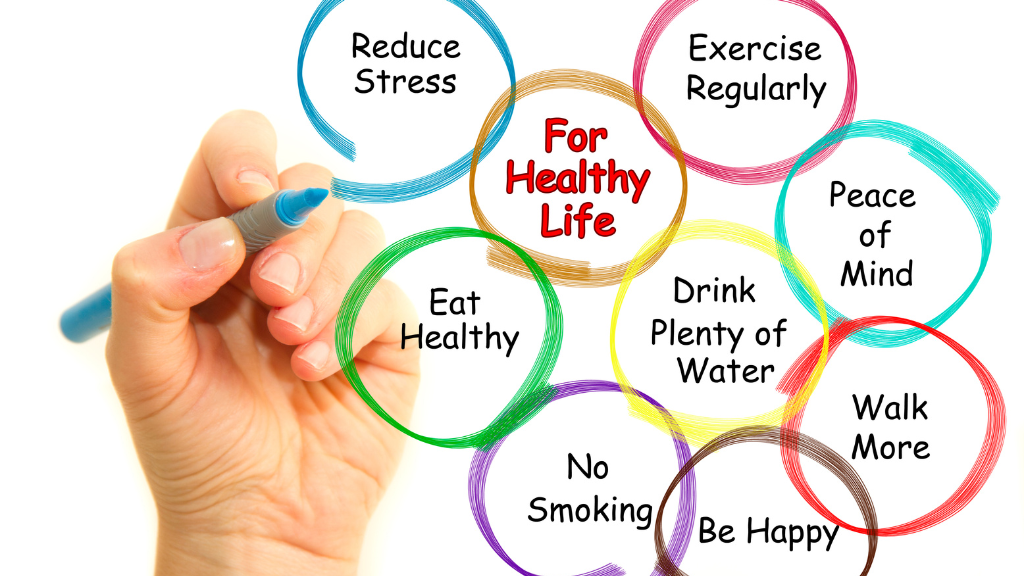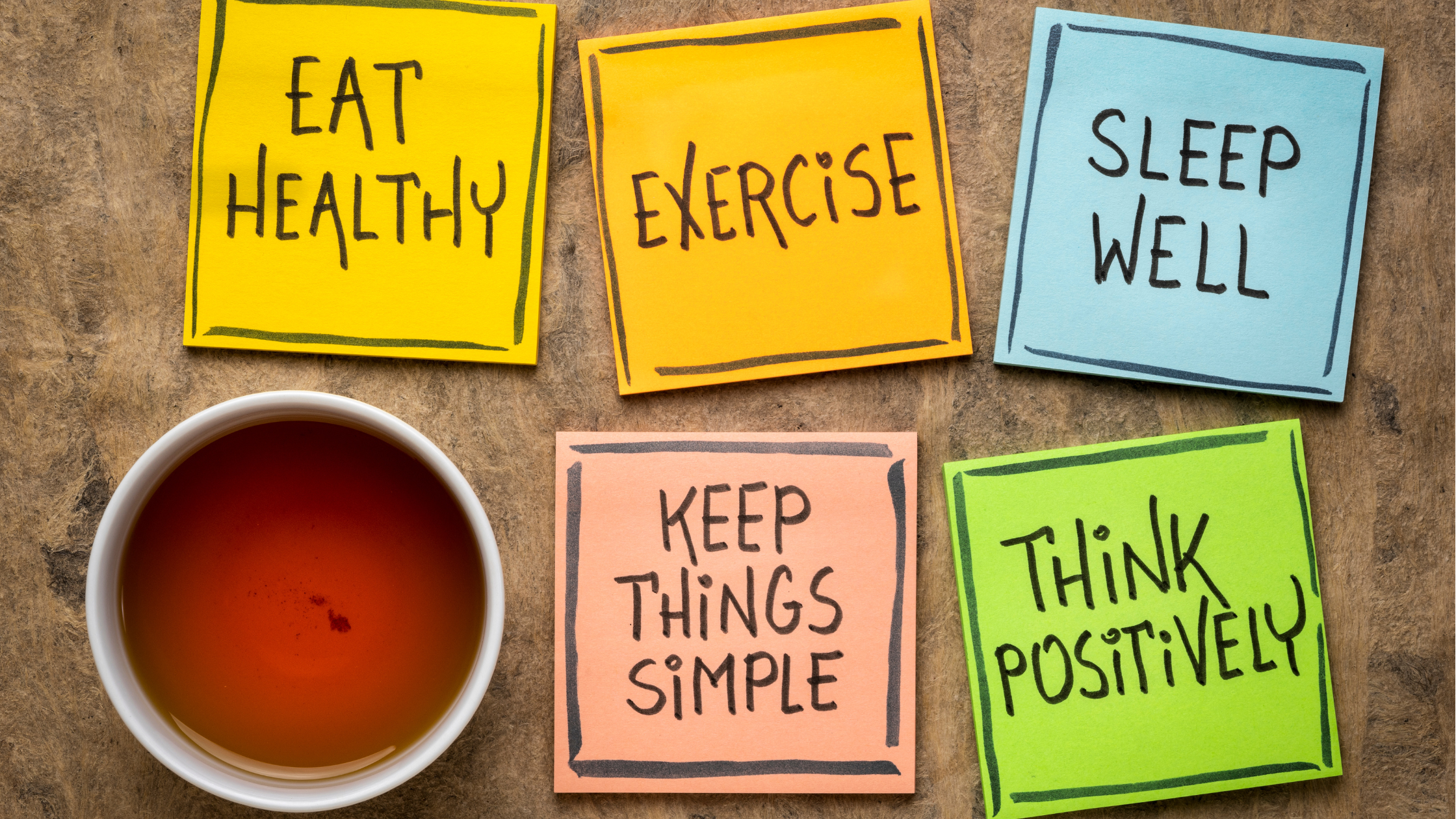Isn’t Lifestyle Medicine Good For Everyone?

That isn’t even debatable anymore. It doesn’t matter if you are healthy or suffer from one of the many lifestyle diseases there are such as obesity, cardiovascular disease, cancer, type 2 diabetes etc. It keeps you healthy or makes you healthier.
The more I think about my own lifestyle, about the lifestyle for people living with MS and about all the information available about lifestyle medicine, I realize that 1- most of the recommendations are the same for everyone and 2- it really isn’t that difficult. Eat well, move, take care of your stress levels and invest in having a community around you.
So why is it so difficult for people? Here is what the University of Leiden in the Netherlands says about the possible barriers:
The Myth of ‘Homo Rationalis’: The assumption that people will act in their best interest when presented with factual information about health benefits is flawed. Despite knowing the benefits of exercise and a healthy diet, many individuals do not feel motivated or capable of changing their habits based on this information alone.
Vague Intentions: Goals like losing weight or eating healthier are often not specific enough to prompt action. Without concrete plans on what to do, when, and how, it’s challenging to stick to these intentions.
Limited Willpower: Willpower is generally overestimated as a factor in maintaining a healthy lifestyle. Many healthy behaviors are the result of habits formed through various influences rather than sheer willpower.
Automatic Choices: A lot of decisions are made automatically, based on established routines and habits. Changing these requires conscious effort to develop new, healthier habits.
Mental Space: Stress, daily worries, and significant life events can occupy mental space, making it difficult to focus on lifestyle changes. Those facing financial stress or living with low socio-economic status may find it particularly challenging to adopt healthier behaviors.
Need for Environmental Intervention: Making healthier choices easier through government policies, such as a sugar tax or by designing environments that nudge people towards healthier options, can help overcome the temptation of unhealthy choices
Ok now that we know what the barriers can be, we need to find ways to overcome them that are fun and manageable:
Make It Specific and Actionable: Instead of vague goals, set specific, measurable, achievable, relevant, and time-bound (SMART) objectives. For example, instead of saying “I will eat healthier,” specify what that means for you, such as “I will eat three servings of vegetables every day.” This approach helps translate good intentions into concrete actions.
Build on Small Changes: Start with small, manageable changes to your routine rather than attempting a complete overhaul at once. Small successes can boost confidence and demonstrate that change is possible, making it easier to tackle more significant challenges. For instance, if you aim to be more active, start with a short walk daily or a 2-minute strength workout at home comfortably in your living room. You’ll gradually work your way to more!
Seek Support and Create a Conducive Environment: Surround yourself with supportive friends, family, or a community that shares your health goals. A supportive environment can significantly boost your motivation and resilience. Furthermore, modify your environment to reduce temptations and make healthier choices easier. This could mean stocking your kitchen with healthy snacks.
If you would like more tips or chat about what could be the best way forward for you specifically, let’s chat!

Other Blog Posts

The Role of Nutrition in Managing MS: Top Foods to Include in Your Diet
When we think about nutrition in the context of Multiple Sclerosis (MS), we often think which is the food that is best to put into our body? But is it that white and black? In some ways, I think it...

Mindfulness and Meditation for Managing MS Symptoms and Improving Well-being
Multiple Sclerosis (MS) can be challenging, but it’s important to remember that many individuals with MS lead fulfilling lives. There are many things that can be done actively by someone living with the illness and meditation is one of them....

Overview of the OMS program: Evidence-based strategies for living well with MS
What is the OMS Program? The Overcoming Multiple Sclerosis (OMS) program was developed by Professor George Jelinek, a medical doctor who was diagnosed with MS in 1999. It is a holistic comprehensive approach to managing MS. The program is grounded...

Exercise and MS: Types of Workouts and Why It is Important
You have been diagnosed with MS (or you have been living with the disease already longer) and you have come across how important exercise is for people living with MS and how it can influence the progression in a positive...

My Meditation Journey and Why I Think Headspace is Amazing
The beginning At the end of 2015, a few months after my husband and I got married, he said to me, “Do you want to do a 10-day silent Vipassana retreat?” Vipassana-what? 10 days meditating? No talking? You must be...

My Personal Journey With MS and How It Inspired the Coaching Program
George Jelinek had the brains and opportunities as a doctor to put the amazing OMS program together that it now Many of us are so immensely grateful to him and his work. I remember the first 10 years of my...